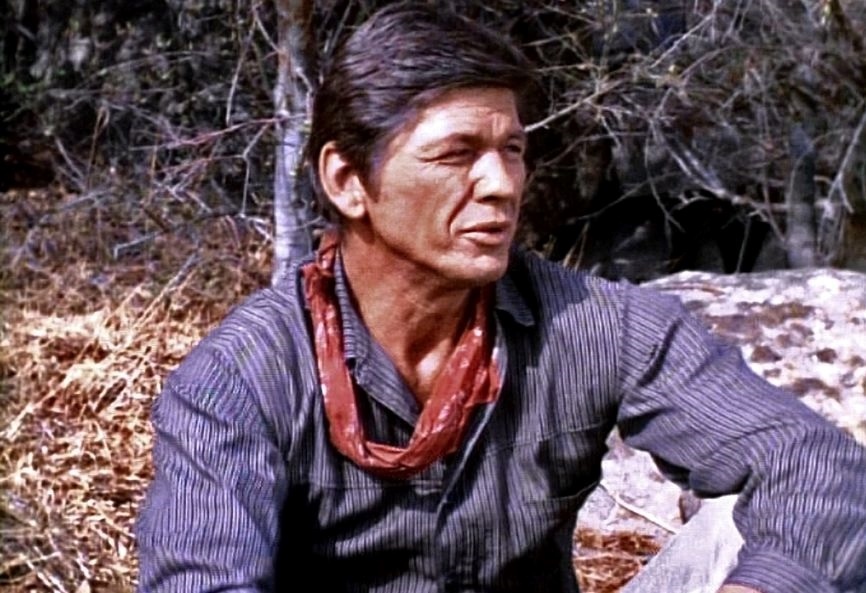“Maybe
there’s only been one revolution—the good guys against the bad guys.
The
question is, who are the good guys?”
Now, we’re
talking!
A seriously entertaining
film that holds up to repeated viewings, while not as A-level as The Dirty
Dozen, The Great Escape, or The Magnificent Seven this is of a
feather, a “Gather together, Crew, we have a job to do” tale that more than
holds its own.
Written and directed
by Richard Brooks from the novel A Mule for the Marquesa by the mighty talented
Frank O’Rourke, this is a cynical testosterone dripping saga of the sweaty
southwest.
The cast
features Burt Lancaster, Robert Ryan, Woody Strode, Jack Palance but…
To my eye,
what lifts this film, elevates it, is Lee Marvin.
Marvin practically
carries this film on his back with an easy lived-in nonchalance.
Don’t get me
wrong, the cast is quite good—Lancaster is at his charming “I’m Burt Lancaster”
best but, it is Marvin’s almost invisible believability that drives this
engine.
Each stance,
each step seems to result in a position of “Can do, will do” without ever being
a pose, without ever being a performance.
It is easy
to point to action scenes to illustrate what works well in this film but, allow
me to direct you to a simple scene. At one point, Marvin and Lancaster are made
privy to a plot shift that alters their perception of what their mission is all
about—Lancaster reacts like, well, an actor whereas Marvin, he takes like a man
who is honestly surprised.
A
tremendously entertaining film with one of the great closing lines of all time,
which I shall not spoil here.
Dial it
up—you’ll be pleased.








